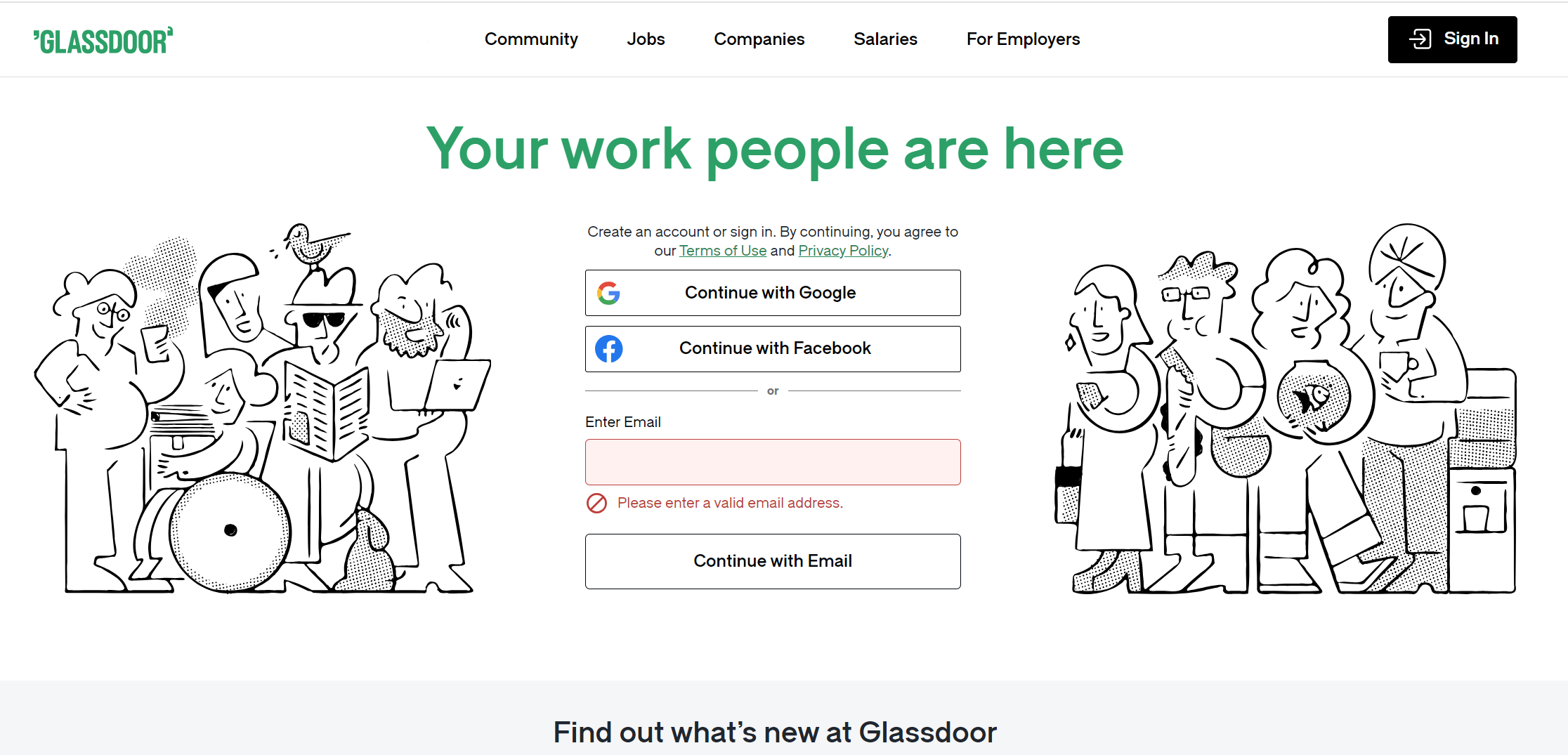Privacy Concerns Surge as Glassdoor Allegedly Adds Real Names to User Profiles Without Consent
The article reports concerns among Glassdoor users that their real names were added to their profiles without consent, potentially compromising anonymity. This issue surfaced when a user, Monica, noticed her full name and city on her profile after contacting Glassdoor support. Despite protests, Glassdoor insisted on maintaining the data, heightening fears of identity exposure through hacks or legal actions. The situation underscores a policy shift following Glassdoor’s acquisition of Fishbowl, requiring identity verification. Users are troubled by this change, which contradicts Glassdoor’s long-standing commitment to anonymity and user privacy. Legal and digital rights experts express concerns about these developments affecting user trust and safety.
In a startling revelation, users of Glassdoor, the widely utilized employee review and company transparency platform, have reported that their real names were added to their profiles without their explicit consent. This breach of privacy has sparked a wave of concern across the professional community, questioning the ethical boundaries of user data handling and the implications for anonymity on workplace review platforms.
Monica, a Glassdoor user, ignited the conversation with a blog post detailing how her name and city appeared on her Glassdoor profile following interactions with customer support — information she asserts was never provided during the sign-up process. Her experience has shone a spotlight on Glassdoor’s data practices, revealing that personal information could be added to user profiles based on details extracted from email exchanges.
The incident not only breaches the trust placed by users in Glassdoor’s confidentiality promises but also stirs fears regarding the potential exposure of identities in the event of data breaches or legal actions. Glassdoor’s assurance of anonymity has been a cornerstone of its user policy, allowing individuals to share candid experiences and opinions about employers without fear of retaliation.
The controversy intensifies as it unfolds within the context of Glassdoor’s 2021 acquisition of Fishbowl, a move that necessitated a shift in user verification methods. The integration has led to heightened scrutiny over Glassdoor’s commitment to user privacy and the transparency of its terms of service adjustments.
The situation poses significant questions about the balance between user privacy and the authenticity of content on platforms like Glassdoor. Aaron Mackey, an attorney with the Electronic Frontier Foundation, expressed concerns over the potential erosion of user trust and the legal ramifications of such policy shifts. The unfolding scenario could serve as a litmus test for the industry’s approach to user privacy, especially in a climate where digital rights and data protection are increasingly under the microscope.
Glassdoor’s response to the allegations has been tepid, with spokesperson Amanda Livingood providing a generalized statement emphasizing the company’s dedication to anonymity and user choice. However, the lack of a transparent dialogue and detailed clarity on data handling processes has left many users dissatisfied and wary of the platform’s future direction.
The repercussions of this incident extend beyond Glassdoor, signaling a possible watershed moment for the professional networking and review industry. Companies in this space may face increased pressure to bolster transparency about data practices and strengthen safeguards against unauthorized information modifications.
As the narrative unfolds, the incident could compel a reevaluation of policies across similar platforms, prompting a collective industry movement towards more stringent privacy standards and user-centric data policies. The Glassdoor episode not only highlights the delicate balance between transparency and privacy but also underscores the evolving challenges facing digital platforms in the age of information and user empowerment.
